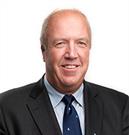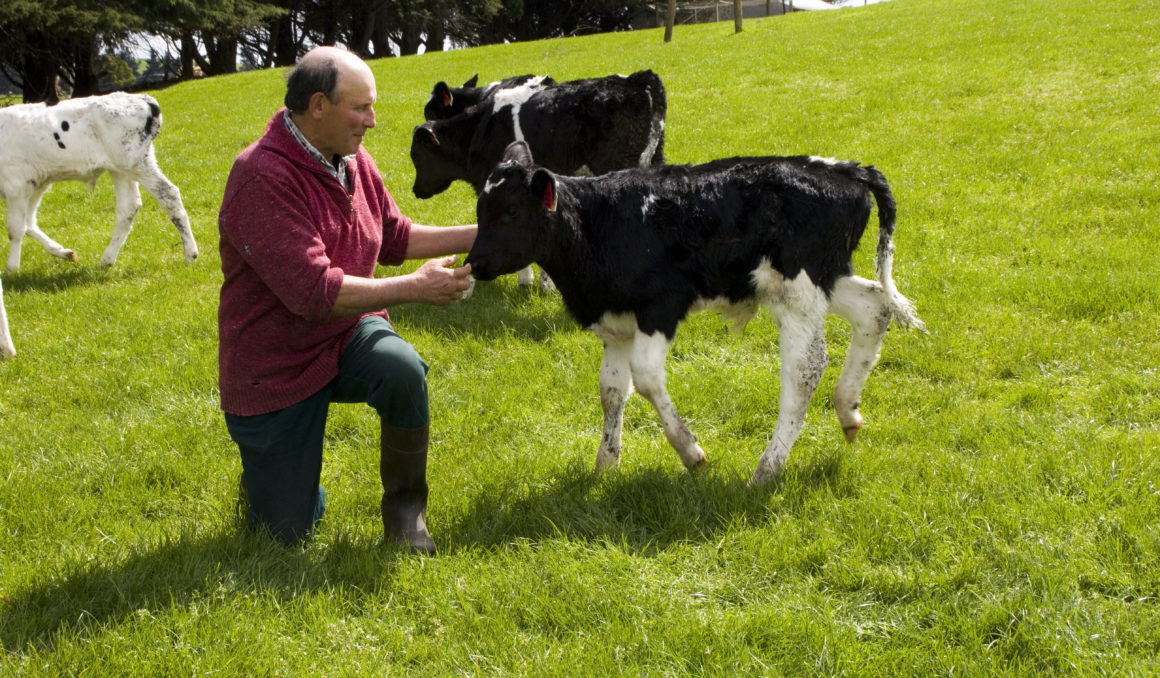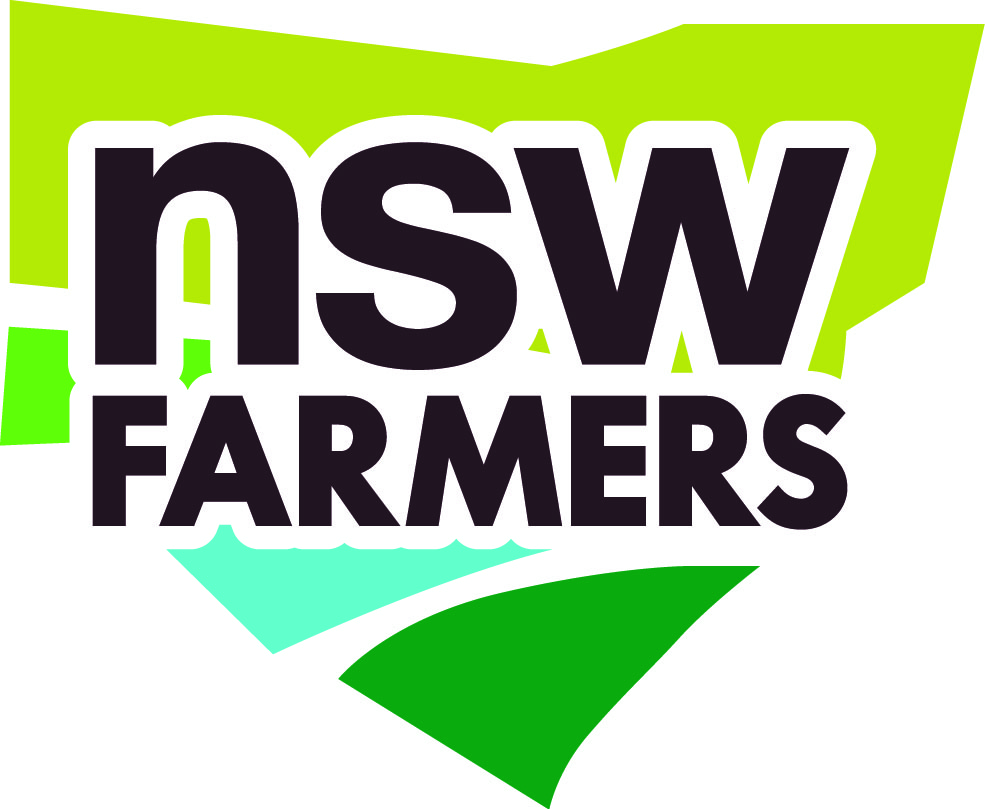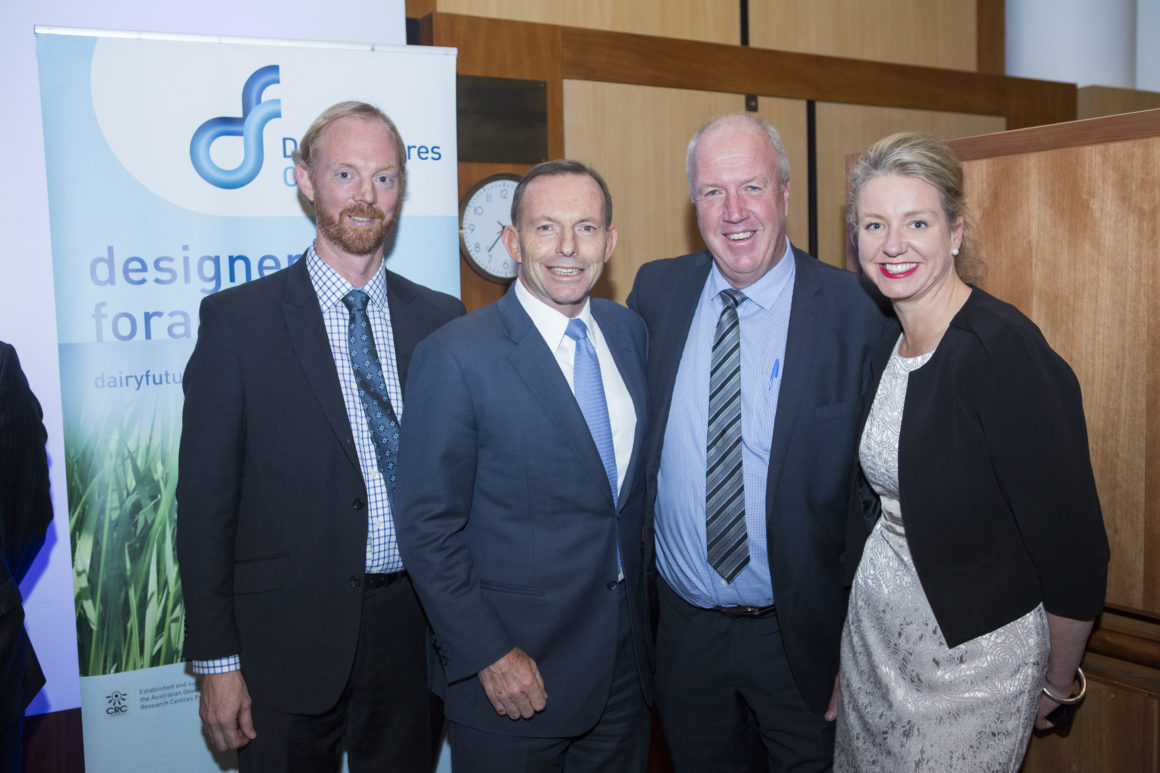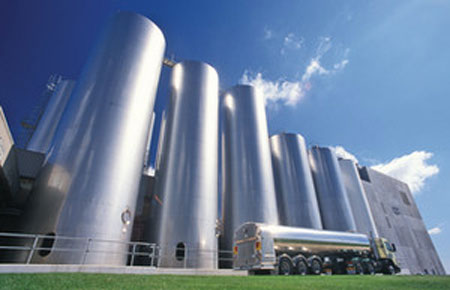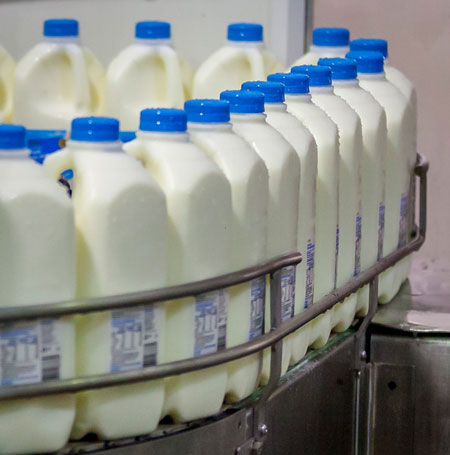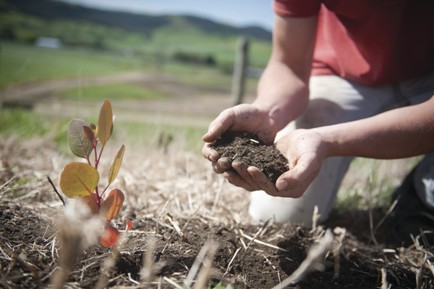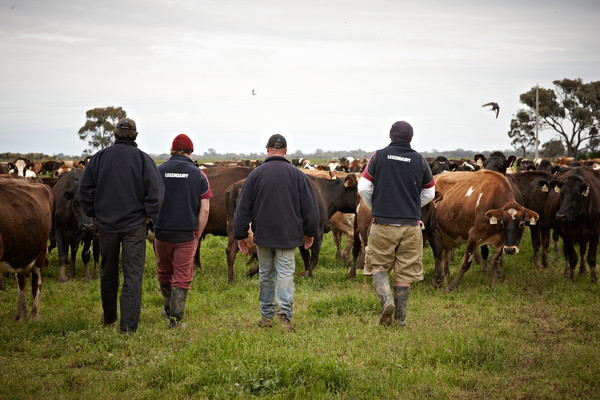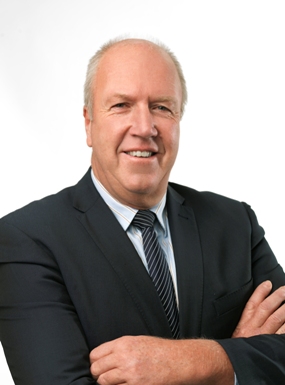The Australian Dairy Industry Council (ADIC) is extremely concerned about the Victorian Government proposal to increase rent of stevedoring facilities
at the Port of Melbourne (PoM). The size of the reported increase will have a large and disproportionate impact on the dairy industry, including both
dairy farmers and companies that export product through the port.
move could cripple dairy’s future competitiveness.
explained.
negative effects in the global market place. This means the rent hike will be charged back to dairy farmers.”
impact on individual dairy farmers could be in excess of $1,000 per farm.
Mr Campbell said. “Exporting to these regions ensures the industry’s ongoing viability and growth.”
but will instead be directed to the cost of removing railway crossings in suburban Melbourne.
on dairy and other commodity exports is further exacerbated by the proposed 50-year non-compete clause that will effectively mean the abandonment of
the development of Hastings as an alternative deep-water port.


